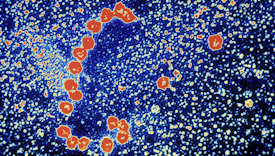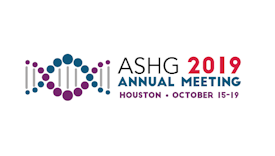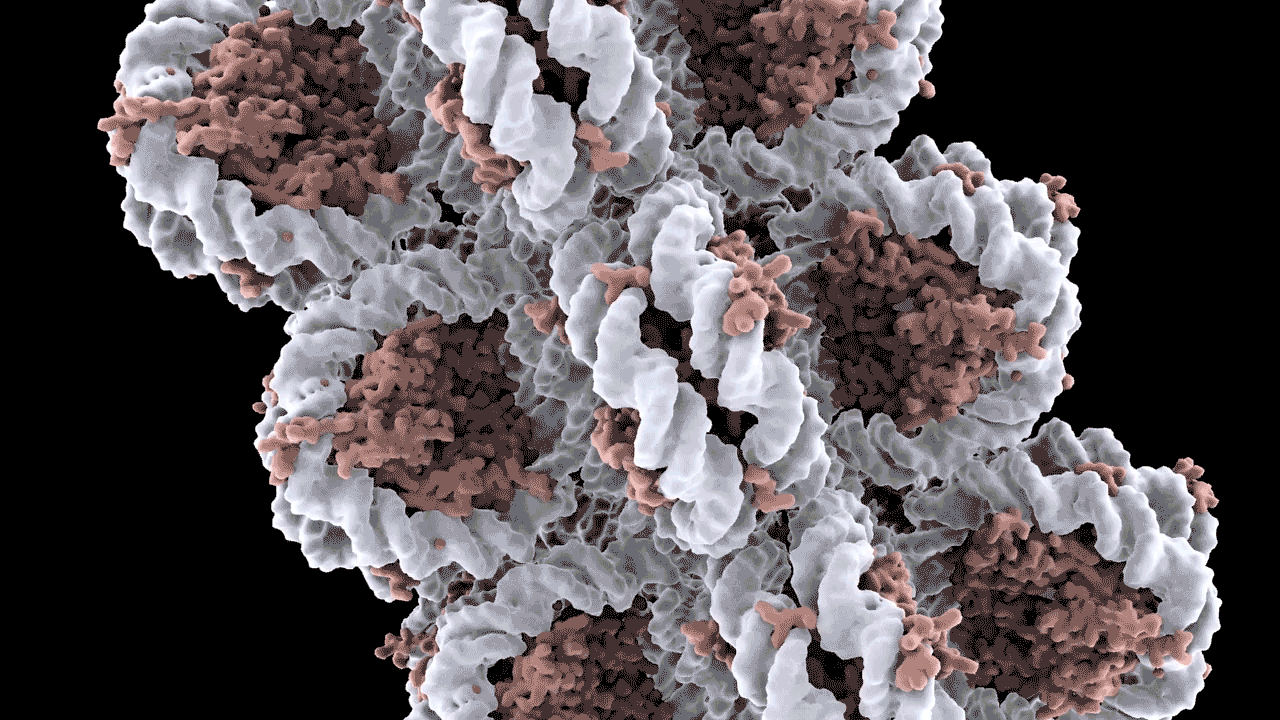
Stephanie Bielas is interested in identifying novel genetic etiologies for human developmental brain disorders. Human neurogenetics provides a platform from which to investigate the molecular pathology of disease and features of normal development. Using patient-derived induced pluripotent stem cells (iPSC) and mouse models, she has uncovered the cell and molecular biology that contributes to neurogenesis defects underlying primary microcephaly and altered neuronal migrations underlying subcortical band heterotopias.
Recent human genetic studies identified pathogenic de novo dominant variants in ASXL3 (additional sex combs like 3), required for histone H2A deubiquitination, that contribute to the genetic basis of ASD. The Asxl3 null mouse model exhibits corticogenesis defects. This has led to the hypothesis that ASXL3-dependent histone modifying activity contributes to the diversity of mature cortical neurons. The Bielas lab aims to use their Asxl3 mouse model, state-of-the-art genetic tools and molecular-profiling approaches to identify how developmentally dynamic genome-wide modifications in histone H2A ubiquitination influence the transcriptional profile and fate restriction of neural progenitor cells (NPCs) during corticogenesis. By correlating NPC transcriptional profiling with outcomes of cortical neuron differentiation, researchers will gain direct mechanistic insights into the molecular mechanisms of NPC fate restriction and cortical neuronal subtypes altered by mutations in Asxl3. These efforts should lead to a better understanding of ASD neuropathology and inspire new strategies for therapeutic intervention.


